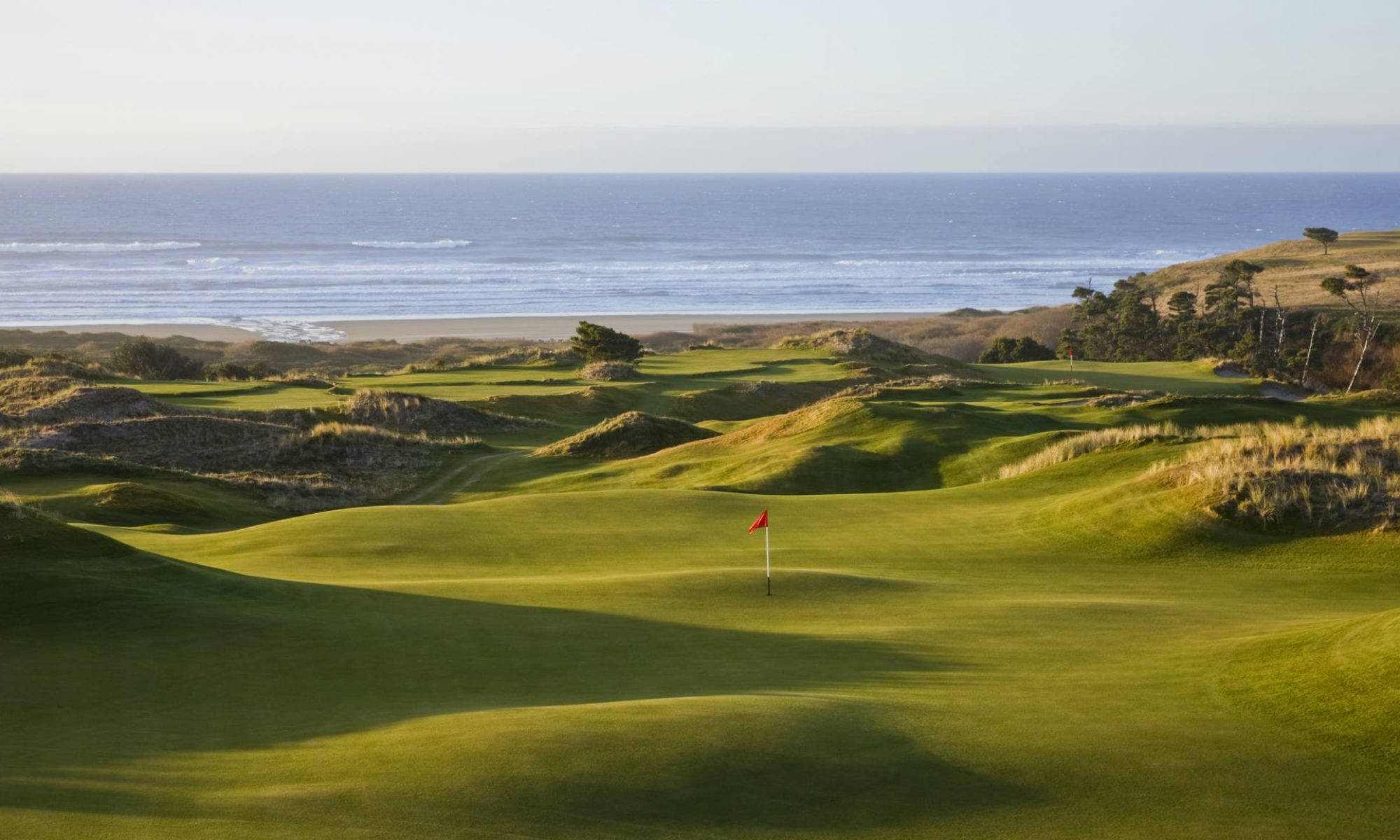Golf Continues to be a Positive Contributor to Oregon’s Economy, Environment and Quality of Life
New Report Highlights Total Economic Impact of $1.6 Billion, Making Golf a Standout Industry for the State
(PORTLAND, Ore.) March 16, 2021 – The Golf Alliance of Oregon (GAO), in collaboration with the National Golf Foundation (NGF), has announced that in 2019 golf’s direct economic impact in Oregon was $1.6 billion. The industry supports 16,500 jobs for Oregon residents with $508.1 million in wage income and more than $69.0 million in state and local taxes. The release of the report’s findings comes at a time when golf has recorded an 8% increase in total participation in 2020 thanks to the sport offering a welcome, safe, and socially distant reprieve of outdoor activity during COVID.
The GAO comprises the Oregon Golf Association (OGA), The Oregon Chapter of the Pacific Northwest Section of the PGA of America (OPGA), the Oregon Golf Course Owners and Operators Association (OGCOOA), the Oregon Golf Course Superintendents Association (OGCSA) and the Oregon Club Managers Association (OCMA).
Impact Report Fact Sheet
The report finds that the game of golf drives significant economic activity across the State of Oregon through golf facility operations, golf related supplies, capital investments, charitable events, tournaments and Associations, golf tourism, golf-related retail spending and new home construction in golf communities. The size of Oregon’s direct golf economy in 2019 compares favorably with other key state industries such as fishing ($698 million) and wine ($5.6 billion). However, beyond the economic metrics, the report also details how golf is a boon of health and wellness for its 242,500 participants, the environment thanks to the benefits of its 20,000 acres of green space and surrounding ecosystems, and youth development.
“There’s been a lot said about the 8% increase in golf’s total participation during a COVID year in 2020 – which is great news,” said Barb Trammell, CEO of the Oregon Golf Association. “However, this 2019 study, which is pre-COVID, indicates that golf is more than a safe and enjoyable pastime in our state – it is a key industry contributing to the overall economy and quality of life in Oregon. In addition, we’re proud that Oregon golf courses are leaders in the environmental stewardship and are originators of maintenance practices aimed at protecting the environment and preserving limited resources.”
Oregon is home to 177 golf facilities with 82.5% open to the public. In the U.S., public golf facilities total 75%. The state is also home to notable golf apparel companies Nike, adidas North America and Columbia Sportswear, as well as several other smaller manufacturers and golf equipment companies.
In 2019, more than 242,500 Oregon golfers played over 4.5 million rounds, and more than 18,000 kids were reached through the PGA, First Tee, Oregon Junior Golf, Leisure Hour and First Green programs. A total of $19.1 million as contributed to charity from various golf events, including the LPGA’s Cambia Portland Classic played at Columbia Edgewater Country Club. Over 85% of Oregon golf facilities hosted a charity event in 2019.
Golf courses benefit people and wildlife, and the state of Oregon has been instrumental in developing best management practices for golf course sustainability. In fact, Oregon was the first state to implement an Environmental Stewardship Guideline, Best Management Practices (BMP) for Golf Courses in 1999. Today, the environmental BMP is a national program that is administered by the Golf Course Superintendents Association of America (GCSAA) and Environmental Institute for Golf (EIFG). It is supported in part by the United States Golf Association (USGA) in partnership with the PGA Tour.
Prepared by National Golf Foundation (NGF) Consulting Inc, in agreement with the World Golf Foundation and the Golf Alliance of Oregon, the economic study is based on several core segments including golf facility operations (green fees, cart fees, memberships, initiation fees, merchandise, food and beverages and banquets) golf related supplies (footwear, apparel, pro shops and retail revenue) capital investments (turf maintenance and grounds upkeep), charitable events, tournaments and Associations, tourism and real estate.

